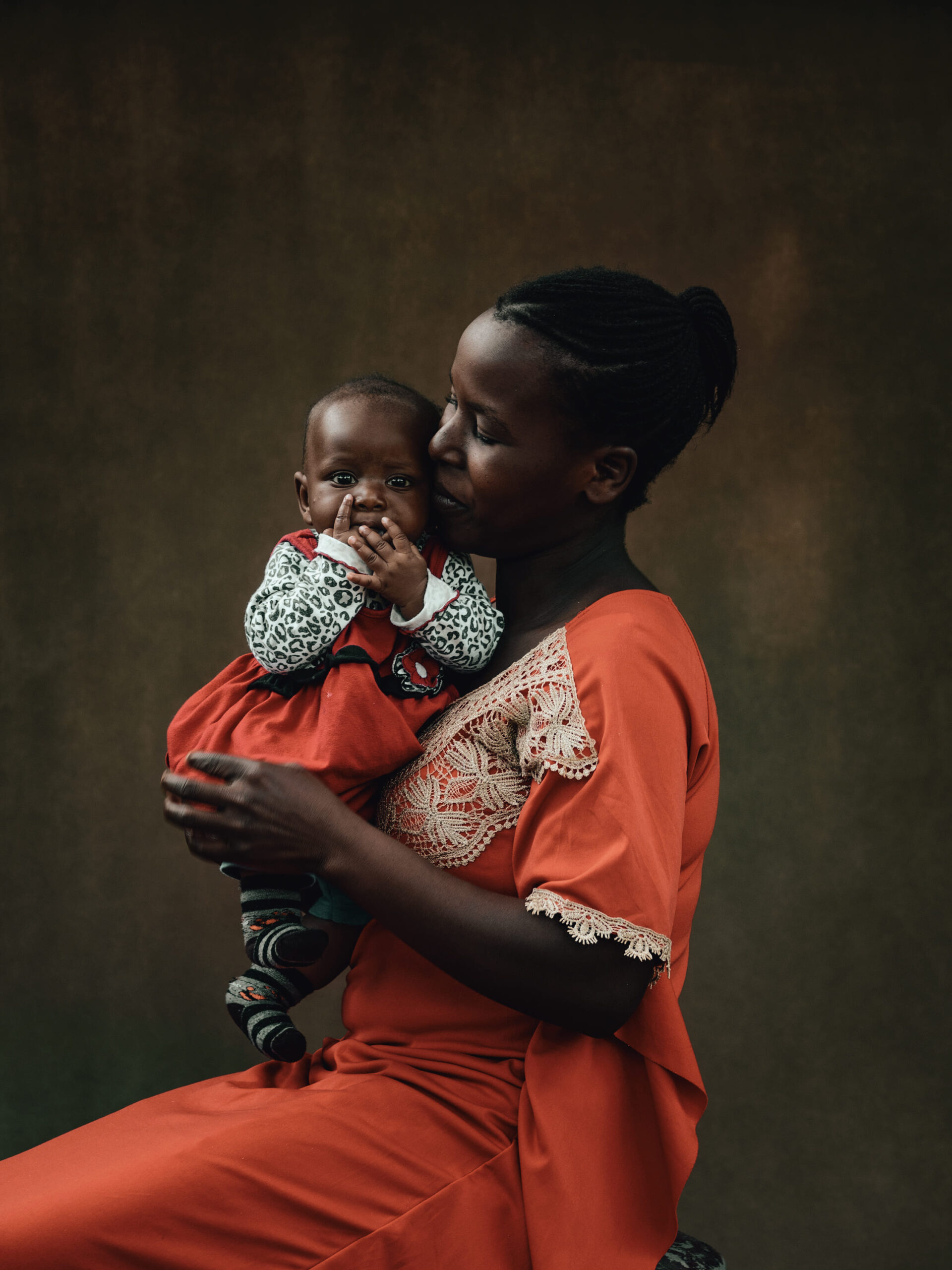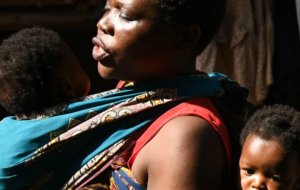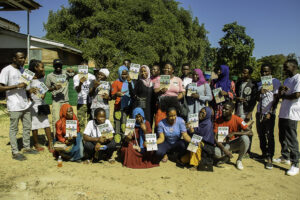Safe Motherhood
Africa
Based at the Malawi Liverpool Wellcome Research Programme in Blantyre, Malawi, we are a collaboration of researchers at eight institutions in Malawi, Zambia, the UK and Ireland who aim to improve maternal and neonatal health outcomes in low resource settings. Our research programme is funded by the National Institute for Health Research (UK). The University of Liverpool is the implementing institution for the award.
About The Programme
Most maternal deaths occur in Sub-Saharan Africa. Nearly all are preventable with good quality maternal healthcare. Both Malawi and Zambia are committed to improving maternal and neonatal health outcomes, but neither is making fast enough progress. The aim of the NIHR Safe Motherhood Research Programme is to improve maternity outcomes in Malawi and Zambia by improving the quality of antenatal care.
The programme of work (2022 – 2026) will be delivered through four themes, which operate alongside the cross-cutting domains of capacity building in institutions and impactful communication across professional and public settings, including community engagement and involvement. The research will reflect the needs of healthcare users and focus on sustainable improvement for resource-constrained health systems.
The programme includes qualitative research to understand the needs of vulnerable populations, such as adolescent mothers; participatory research to prioritise and co-design interventions to improve the quality of antenatal care; and clinical research to implement and evaluate an enhanced antenatal care package and to improve detection of sexually transmitted infections during pregnancy.

820 Women
Die daily from preventable complications of pregnancy and childbirth
94% Maternal Deaths
Occur in low resource settings
75% Maternal Deaths
Are from severe bleeding, infections, high blood pressure, pregnancy complications, and unsafe abortion
Focus Areas
Key areas our work will concentrate on in order to achieve meaningful change.
Prioritisation and co-design
Many changes to improve maternal health target the health facility, and yet the root causes of poor maternal health span the whole health system. We will conduct maternal health prioritisation to galvanise broad stakeholder engagement to identify and champion the complex health system challenges and establish sector-wide focus for change. To ensure sustainable implementation of priority interventions, we will train health managers and providers in rational intervention design using the Behaviour Change Wheel methodology.
Implementing and evaluating change
We will support sites across Malawi and Zambia to implement and evaluate behaviour change interventions. One intervention already prioritised is a package of “Enhanced Antenatal Care,” to improve local compliance with WHO guidance and ensure consistent delivery of evidence-based practice. A second priority is to improve antenatal identification of sexually transmitted infections in pregnant women. We will explore how the existing approach of syndromic management can be improved.
Data driven improvement
High quality maternal and neonatal health data is essential for quality improvement. By making available online dashboards in clinical settings and for policy makers, we will provide real-time digital reporting of maternal death, near-miss cases, and quality of care data. Linking well established community health surveillance systems with facility data will improve understanding of longer term outcomes and bridge critical gaps in facility-based data.
Placing users at the centre of change
We will use qualitative methods to understand the experience of vulnerable service users, such as adolescent mothers. Their personal narratives will identify how services can better target their needs and inform priority setting for both health systems change. User experience is an important outcome alone, but it often also drives other health behaviours. Few data represent users’ experience of maternity care in Malawi and Zambia. We will also optimise a tool to gather maternity users’ feedback and evaluate its use in clinical practice.
Improving maternal and neonatal health outcomes in low resource settings
Latest Updates

Maternal Deaths Malawi report
Researchers from the Maternal and Fetal Health group at the MLW worked together with members of the Reproductive Health Directorate and the Ministry of Health of Malawi to produce a report on maternal deaths in Malawi occurring between 2020 and 2022.

Community Radio Listening Clubs Applaud Tidziwe za ma virus Radio Programme
Community Radio Listening Clubs have pinpointed radio programmes by Malawi Liverpool Wellcome Programme as an effective model for stimulating discussions around health challenges and vaccines.

The National Institute for Health Research (NIHR) has announced its latest cohort of NIHR Research Professors.
Five outstanding researchers will now join the prestigious group of leading health and care researchers, taking the total to 54 who have been successful in gaining the highly competitive award.

